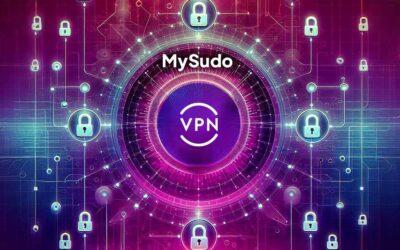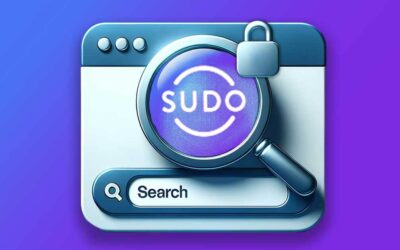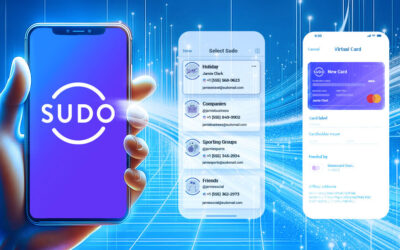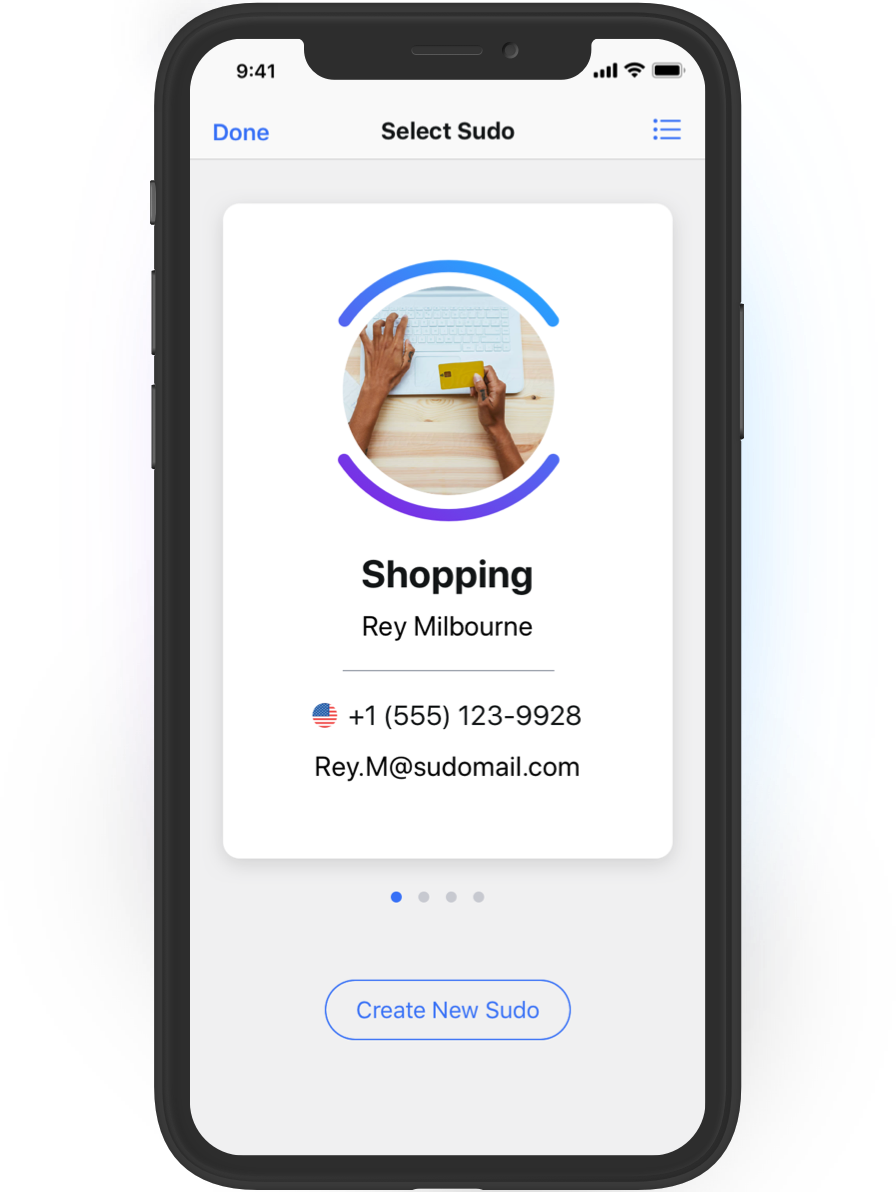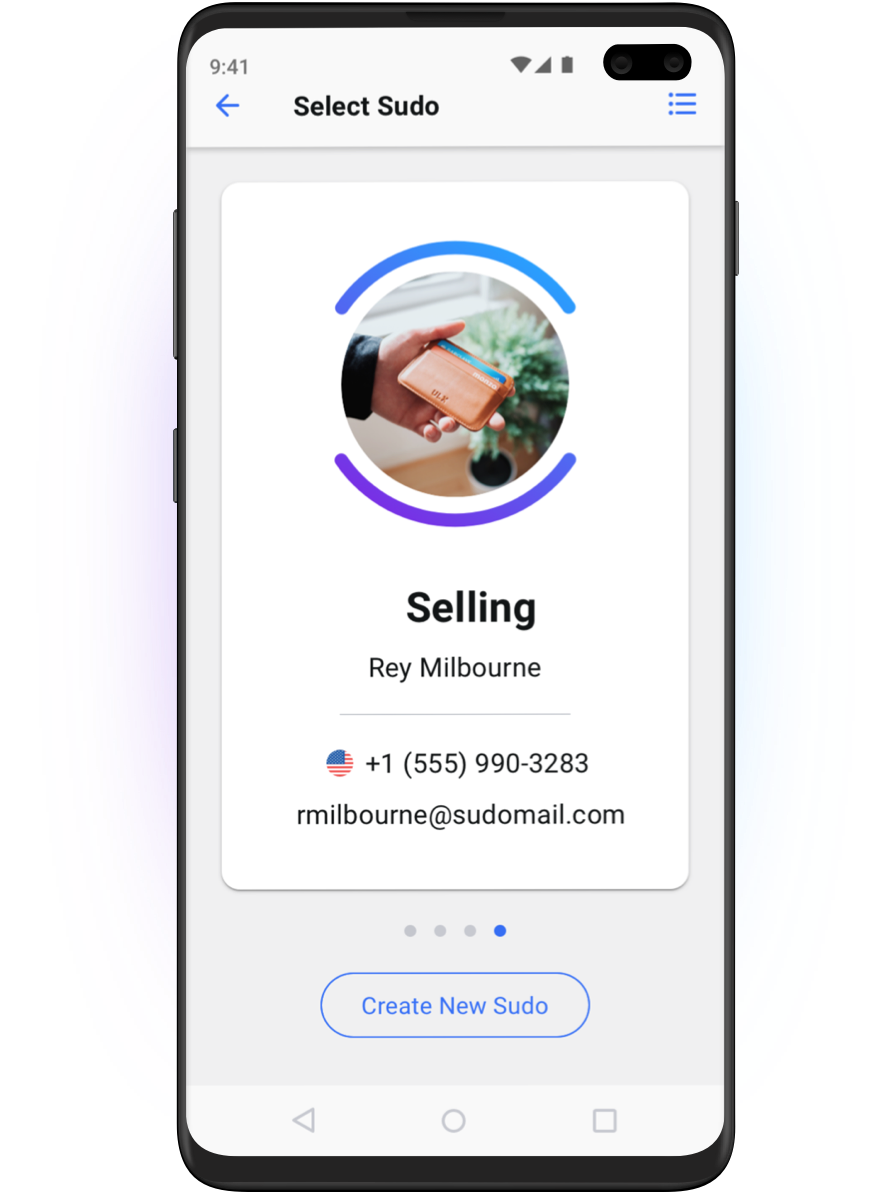At Anonyome Labs, the makers of MySudo all-in-one privacy app, we can see privacy is a defining issue of this decade and the global data privacy crisis is worsening. But the concept of privacy is subjective, and definitions of it and conversations about it vary across people, jurisdictions and countries.
So let’s get to grips with what we mean by privacy and why it matters.
The International Association of Privacy Professionals (IAPP) defines privacy in simple terms as: “… the right to be let alone, or freedom from interference or intrusion.”
Privacy International on the other hand defines privacy as: “… a fundamental right, essential to autonomy and the protection of human dignity, serving as the foundation upon which many other human rights are built. Privacy enables us to create barriers and manage boundaries to protect ourselves from unwarranted interference in our lives, which allows us to negotiate who we are and how we want to interact with the world around us. Privacy helps us establish boundaries to limit who has access to our bodies, places and things, as well as our communications and our information.”
Privacy is addressed in all the major human rights instruments, including the United Nations Declaration of Human Rights 1948, Article 12, and the International Covenant on Civil and Political Rights 1966, Article 17, and in the constitutional statements of around 130 countries.
Just as there are many different definitions of privacy, there are also many different types of privacy. The one we focus on is information privacy or data privacy. The IAPP describes information privacy as “the right to have some control over how your personal information is collected and used.”
The United States is one of the few countries in the world without a national data privacy law (even though 75% of Americans want one), which makes understanding your own risks in relation to data privacy all the more important.
When you go online, you face real risks which can be summed up as a lack of privacy and security.
No privacy
Web sites you browse and buy from collect, store, share and sell your personal information – like your name, age, address, phone numbers, Social Security number, credit card details, credit history, web searches and spending habits. They use this data to:
- Personalize ads
- Set higher prices
- Control the content you see
- Influence your purchasing and even political decisions.
Data brokers package up your personal data and sell it for huge profit too.
No security
Companies can get caught in data breaches, where the highly sensitive data they store about you is lost or stolen.
Criminals can use your stolen information to commit credit card fraud, identity theft and more.
- Internet-connected computers are attacked every 39 seconds in the US.
- 45% of Americans have been caught in a data breach in the last five years.
- 3.5 billion people had records exposed in the 15 biggest data breaches of this century.
People tend to view privacy as a feeling
Regulations and constitutional statements may define privacy formally within jurisdictions but, to you as an individual, ‘privacy’ is likely a feeling you get when you feel safe and in control and feel the real or perceived protections of laws as well as tools and techniques for guarding your fundamental right to be ‘let alone’.
Every day you would make choices to protect your privacy. You might choose your home location, security systems, even curtains and blinds based on how much privacy you believe they afford you. These choices give you a sense of being in control of your privacy (free from interference or intrusion) to a greater or lesser extent. Some privacy related choices will feel in your control and others will feel out of your control and, as citizens, we all collectively hope that governments and industry bodies will help and support our objective to maintain our right to privacy.
Control has a lot to do with context
Do you agree that you might freely give your personal information on a form at your doctor’s office and to a colleague you’ve worked with for many years, but you might not feel comfortable giving it out at a student rally or to the stranger buying your second-hand bike? That’s because the feeling of privacy and how much it concerns you depends on context.
It can be difficult to manage your privacy if the context in which your personal information is being used isn’t clear. For example, in providing your personal information to an organization it can be very difficult to know exactly how they will use and share that information. We recently discussed the privacy implications of some London data collection firms selling pub and club patrons’ personal information collected for COVID-19 contact tracing.
As consumers, we make some assumptions about context but the actual context could be very different. The London firms were selling the data (and even CCTV footage from the venues) to marketers, credit companies and insurance brokers—definitely not the context for which the data was intended, and not the context that could be reasonably expected.
Banks selling your transaction data is another prime example. Of course you know your bank will see how you used your credit card, but you may not be aware that your bank could also be sharing that data with other companies for marketing purposes. If you did know, you might act to better protect your privacy and control your digital exhaust; in this instance, your credit and debit card transaction history. You might pay cash, use cards from more than one bank, or use MySudo virtual cards.
Why does all this matter anyway?
The data economy (the surveillance, collection, use and sale of consumer data) is growing and data breaches and other data abuses are becoming more frequent. Consumers globally are fed up and say they will abandon brands or delay purchases where they perceive a risk to their personal data. Privacy actives is a new category of consumer that will no longer trade their privacy for access online.
As the global privacy crisis worsens, it’s common to feel some privacy fatigue, which is the stress that comes from feeling you can’t protect your privacy online. But privacy does matter.
Protecting our fundamental right to privacy means we can:
- limit others’ control over us, to know about us and to cause us harm
- better manage our professional and personal reputations
- put in place boundaries and encourage respect
- maintain trust in relationships and interactions with others
- protect our right to free speech and thought
- pursue second chances for regaining our privacy
- feel empowered that we’re in control of our life.
Anonyome Labs envisions a world where personal data is secure and under the exclusive control of the individual; where people have the tools to create personalized identities that match the context and content they wish to share. To us, being private doesn’t mean opting out of online services or hiding from the world. We empower people to be able to determine what information they share, and how, when, where and with whom they share it.
MySudo app can help you to protect your privacy online and off. Download it for iOS or Android and take 90 seconds to find out how to use it.
Photo By MONOPOLY919

